iPCI 2023
Published: 14 April 2023
-
Views:
 5719
5719
-
Likes:
 7
7
-
Views:
 5719
5719
-
Likes:
 7
7
-
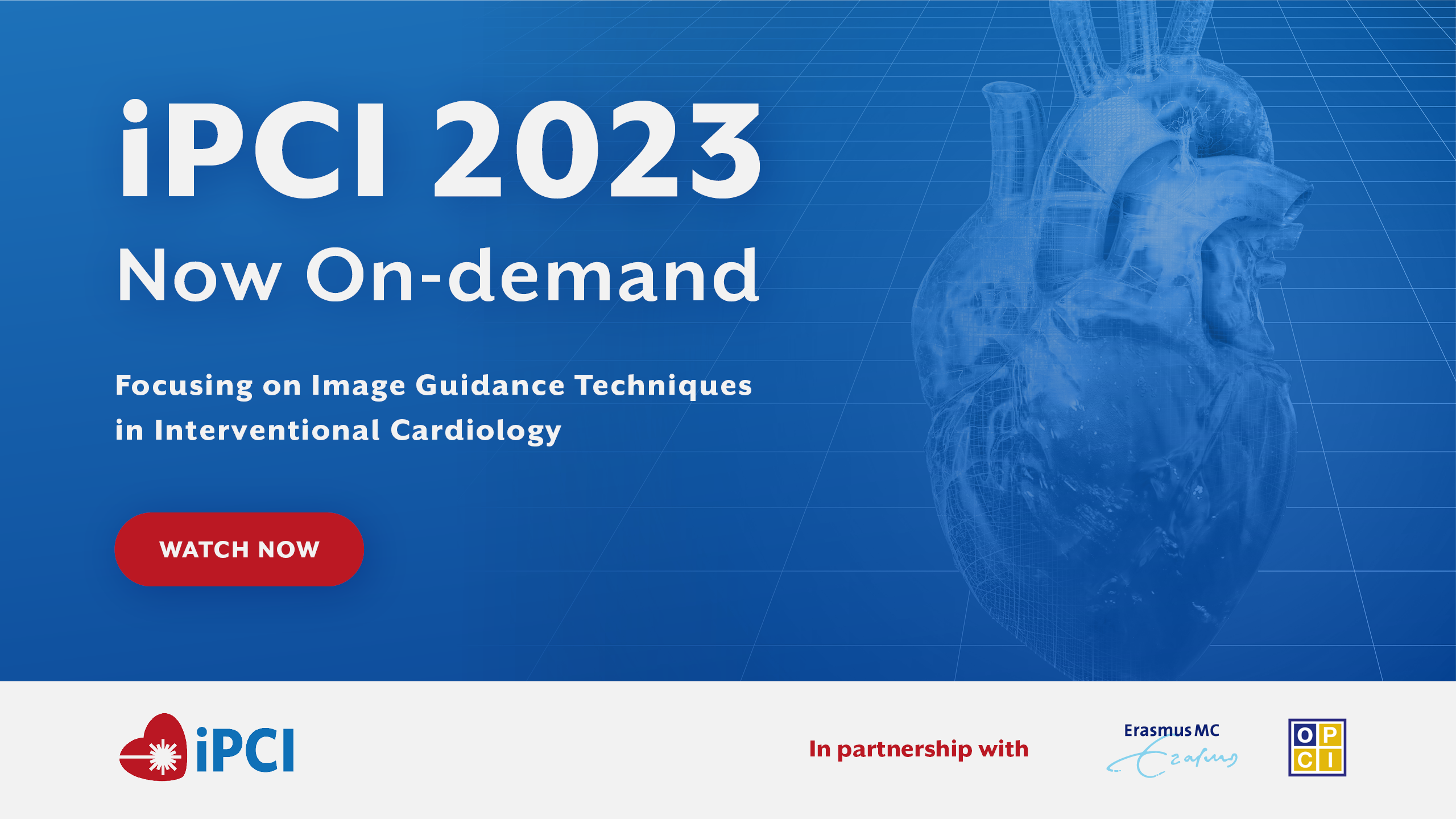 Up Next
Up Next -
 1h 5m 32sPart 1 | Session 4 Future options for plaque characterisation: computationally empowered
1h 5m 32sPart 1 | Session 4 Future options for plaque characterisation: computationally empowered -
 49m 22sPart 1 | Session 5 Live case 1 Erasmus University Medical Center, Rotterdam, NL
49m 22sPart 1 | Session 5 Live case 1 Erasmus University Medical Center, Rotterdam, NL -
 1h 7m 21sPart 1 | Session 6 Plaques and drugs
1h 7m 21sPart 1 | Session 6 Plaques and drugs
-
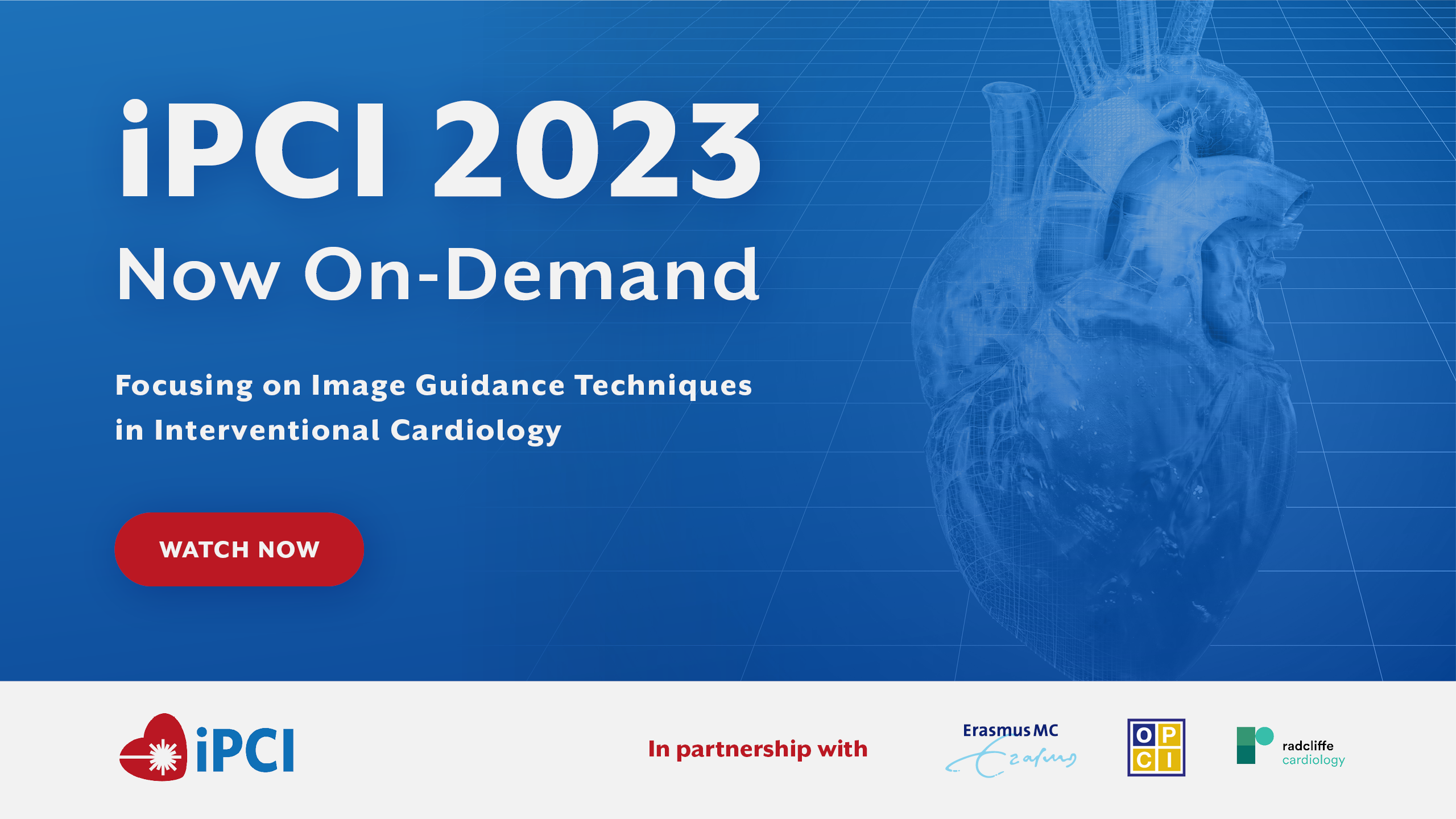 1h 10m 43sPart 2 | Session 1 Welcome and Lesion significance assessment
1h 10m 43sPart 2 | Session 1 Welcome and Lesion significance assessment -
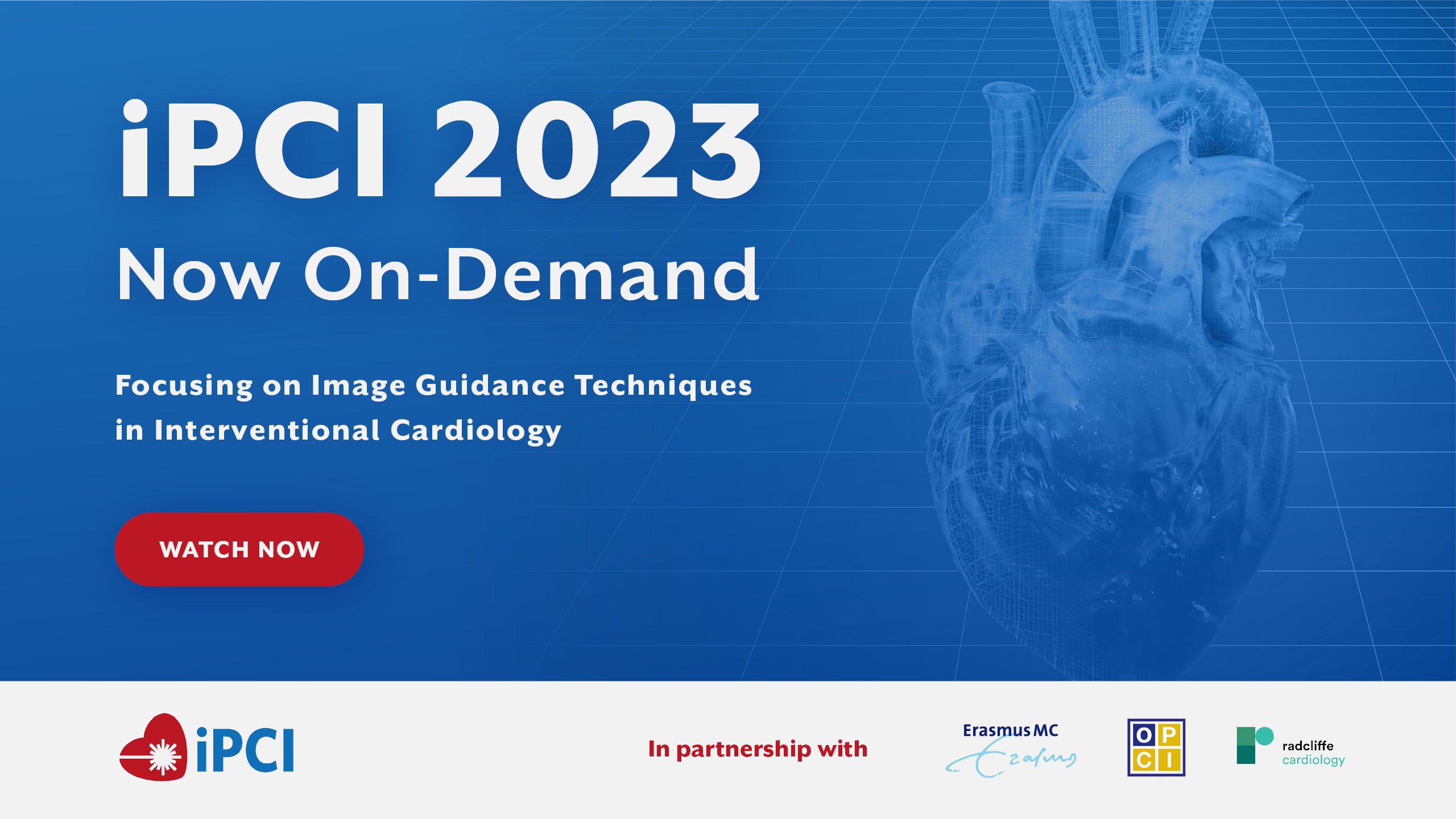 45m 57s
45m 57s -
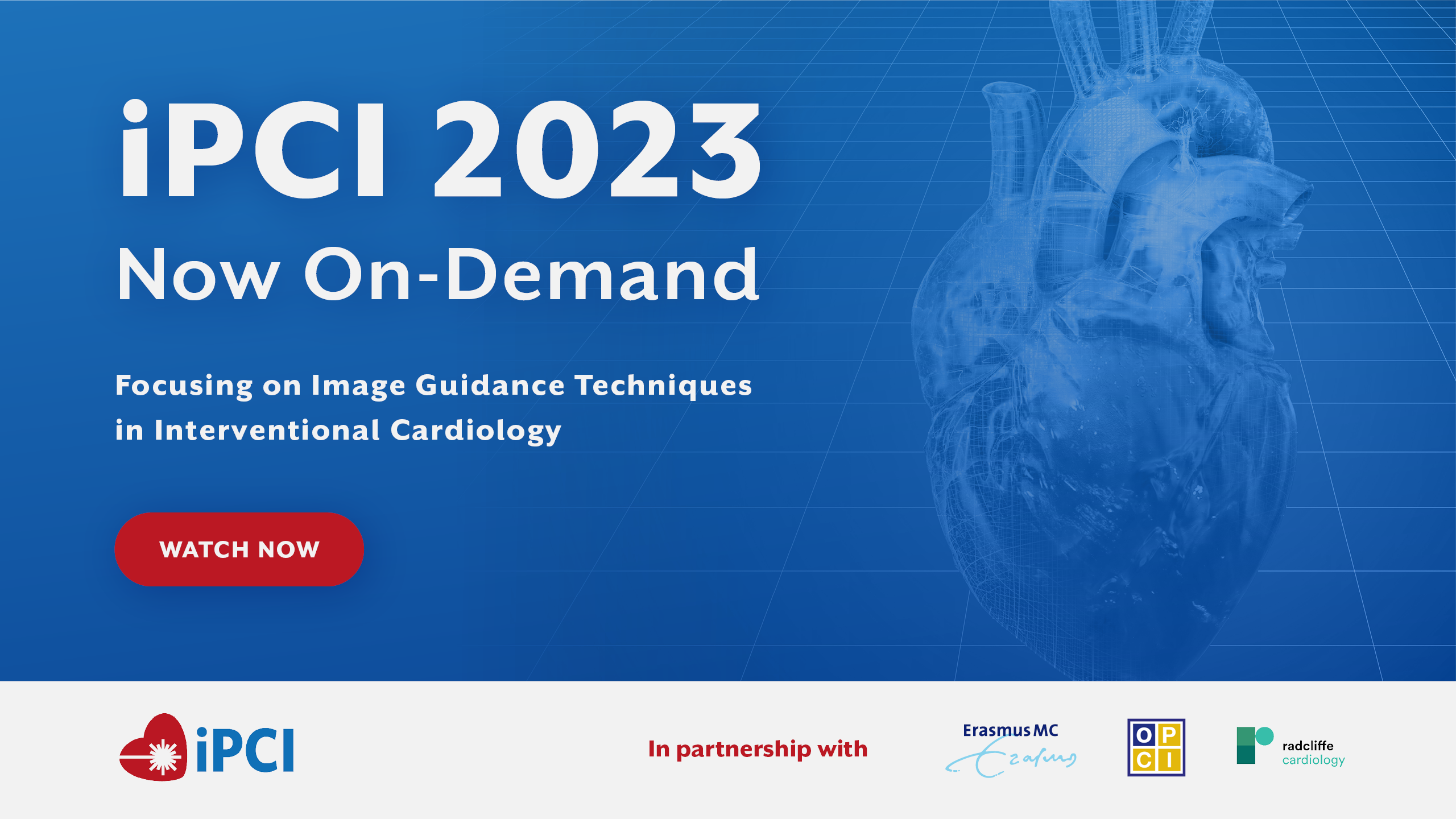 1h 2m 7sPart 2 | Session 3 Procedural planning
1h 2m 7sPart 2 | Session 3 Procedural planning -
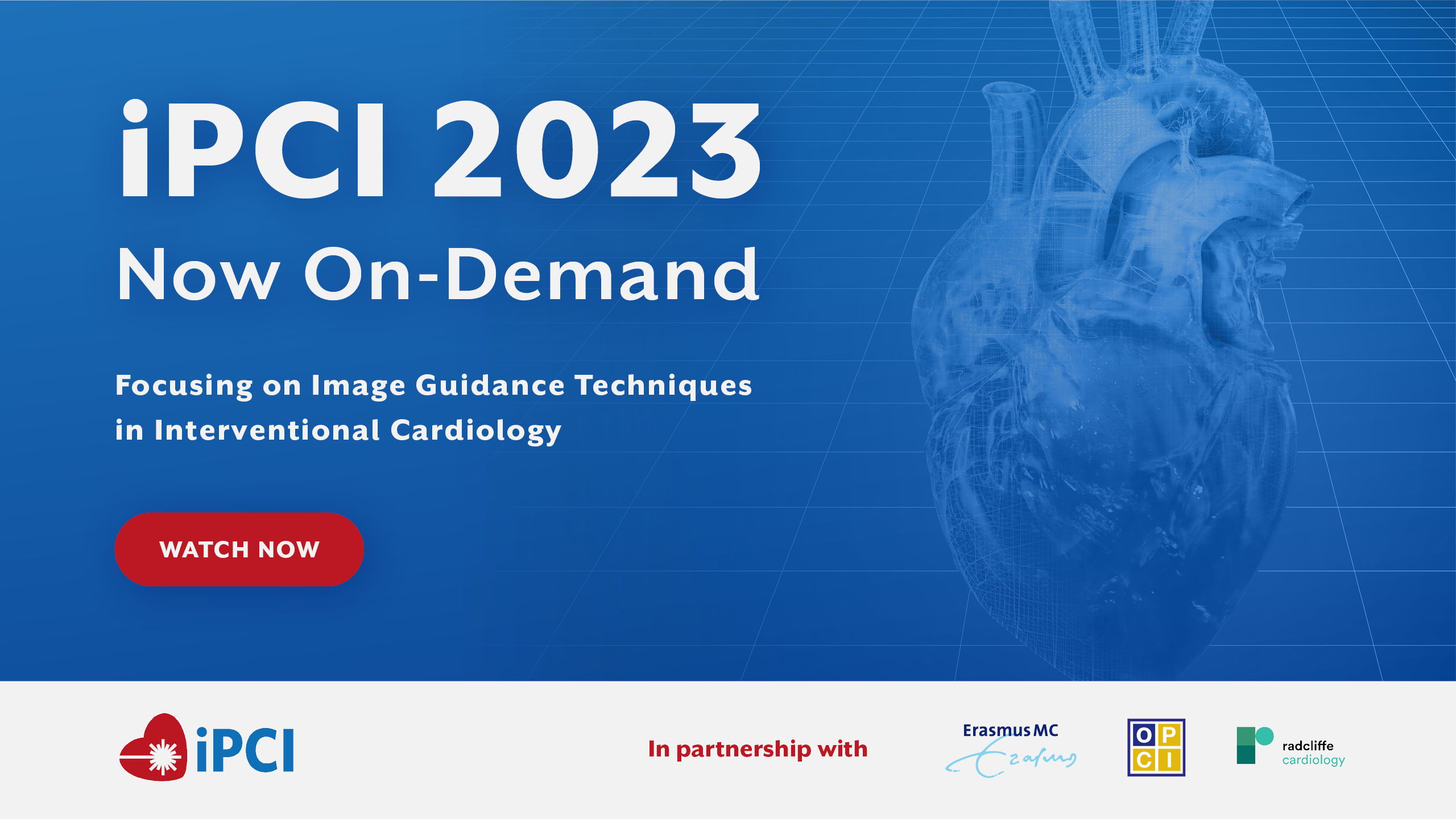 52m 28sPart 2 | Session 4 Imaging for special indications
52m 28sPart 2 | Session 4 Imaging for special indications -
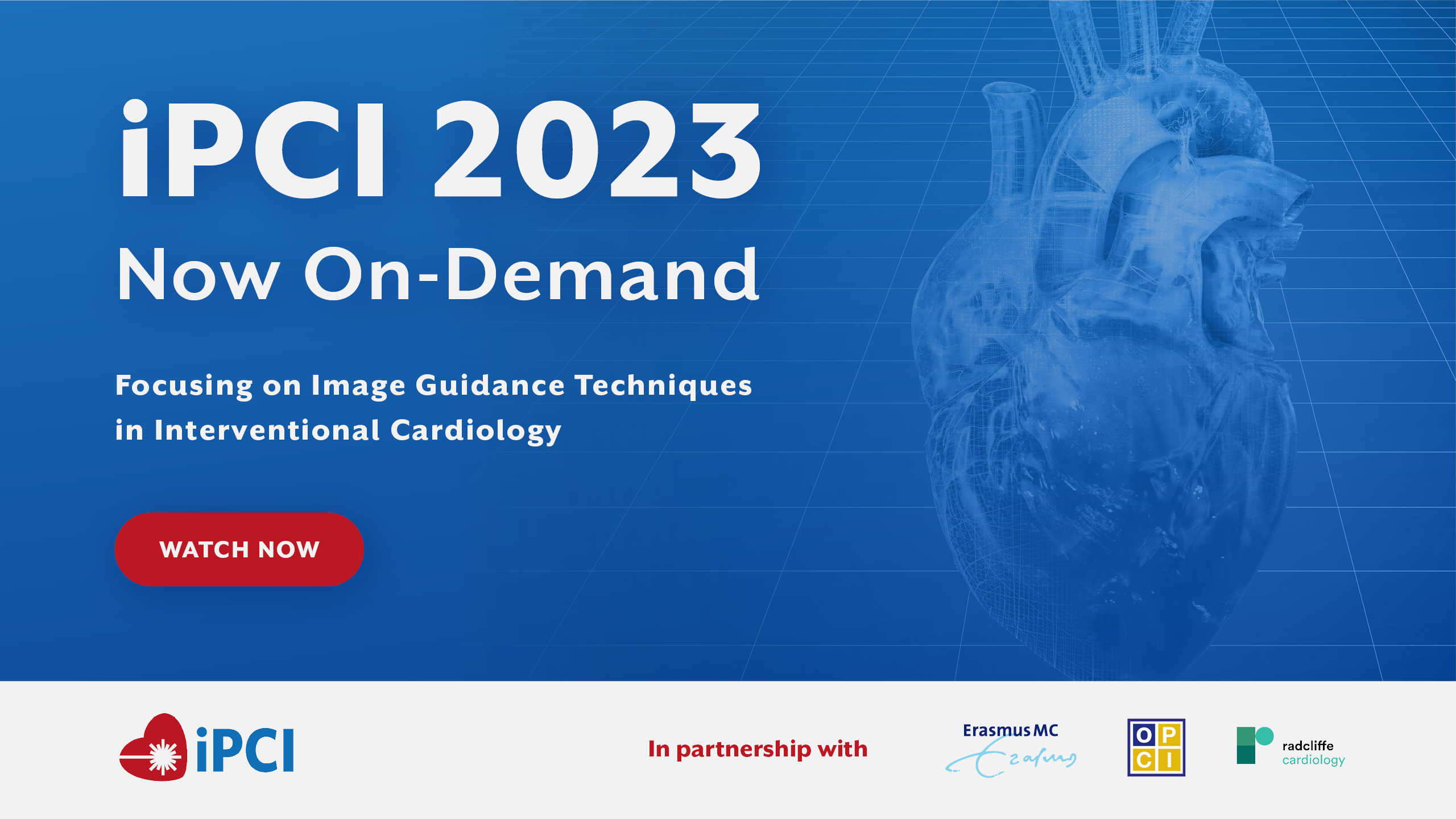 57m 15sPart 2 | Session 5 Live case 2 Catharina Hospital, Eindhoven, NL
57m 15sPart 2 | Session 5 Live case 2 Catharina Hospital, Eindhoven, NL -
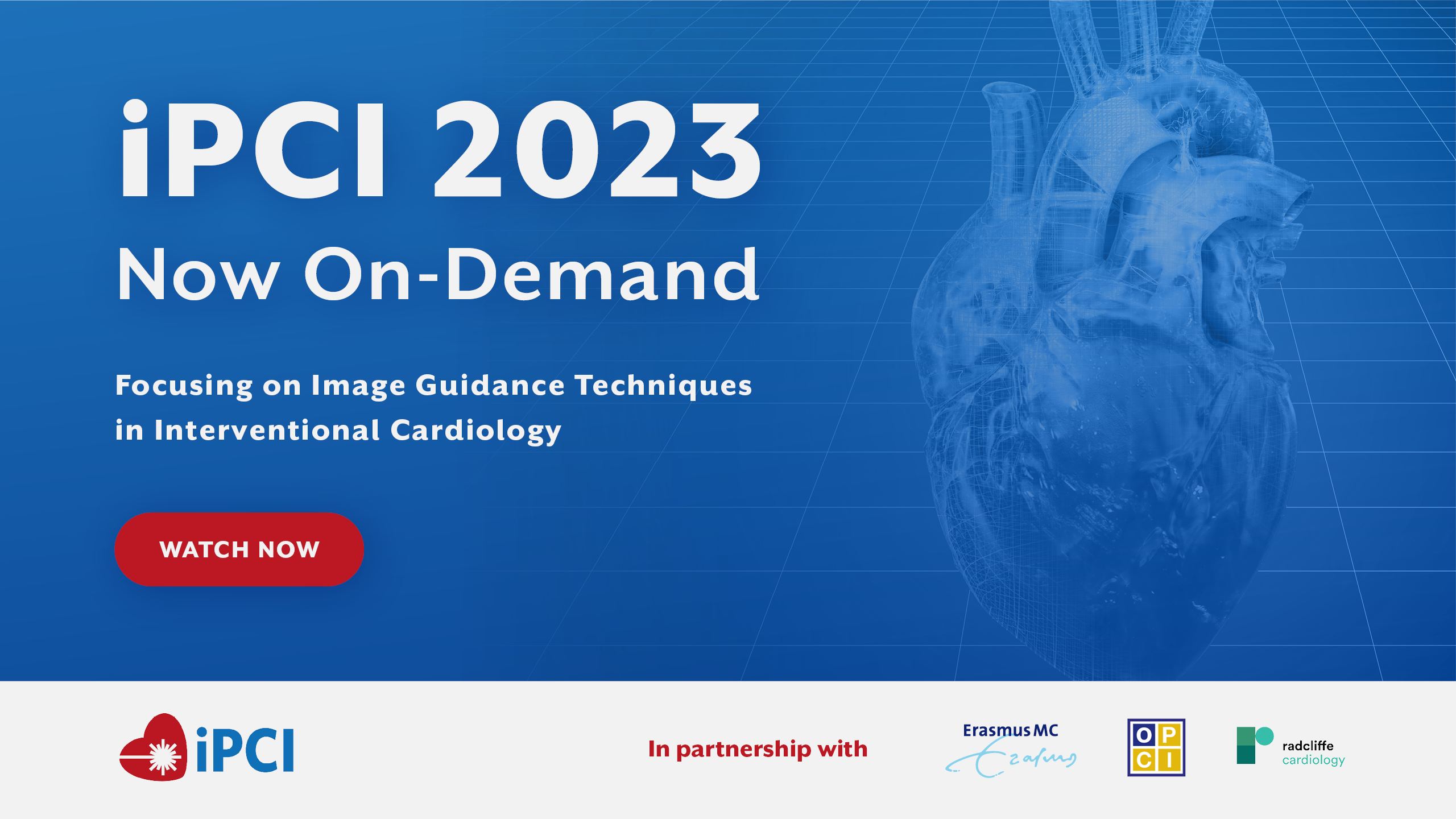 1h 13m 28sPart 2 | Session 6 PCI optimisation
1h 13m 28sPart 2 | Session 6 PCI optimisation
-
 1h 5m 38sPart 1 | Session 1 Welcome and Current options for plaque characterisation Joost Daemen, Gijs van Soest, Hector M Garcia-Garcia, Richard A Shlofmitz, Giulio Guagliumi, David Erlinge, Alexander Hirsch
1h 5m 38sPart 1 | Session 1 Welcome and Current options for plaque characterisation Joost Daemen, Gijs van Soest, Hector M Garcia-Garcia, Richard A Shlofmitz, Giulio Guagliumi, David Erlinge, Alexander Hirsch
-
 44m 3sPart 1 | Session 2 Keynote lecture: Learn IVUS from the Master Ton van der Steen, Gary Mintz
44m 3sPart 1 | Session 2 Keynote lecture: Learn IVUS from the Master Ton van der Steen, Gary Mintz
Overview
iPCI 2023 was a live two-day event, held on the 13–14 April at the LantarenVenster theatre in Rotterdam, NL. Focusing on image guidance techniques in interventional cardiology, with an educational focus on state-of-the-art imaging and physiology research, iPCI was led by a global faculty of over 35 physicians and engineers.
Led by Course Directors Dr Joost Daemen and Prof Dr Gijs van Soest (Thoraxcenter, Erasmus University Medical Center, Rotterdam, NL) iPCI aimed to optimise theoretical and practical education to maximise patient outcomes.
iPCI is a successor of Optics in Cardiology, which ran five exciting editions from 2011. For the first time, the dissemination of iPCI sessions extended beyond the venue – a free-to-access live virtual broadcast was open to physicians globally.
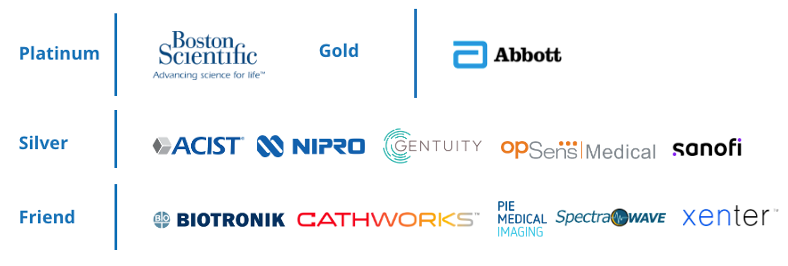
Learning Objectives
- Understand invasive plaque characterisation using existing technologies
- Learn about state-of-the-art plaque characterisation using novel technologies and combined imaging modalities
- Get hands-on experience with current IVUS and OCT modalities to recognise different types of plaque
- Learn about the impact of pharmacotherapeutic agents on plaque progression
- Learn how to assess the physiological impact of coronary plaques using the most recent technological developments
- Learn how to do procedural planning using state-of-the-art coronary imaging and physiology tools
- Understand the principles of PCI optimisation using intracoronary imaging and physiology
Target Audience
- Interventional Cardiologists
- Biomedical Imaging Engineers
More from this programme
Part 1
Day One
Part 2
Day Two
Faculty Biographies
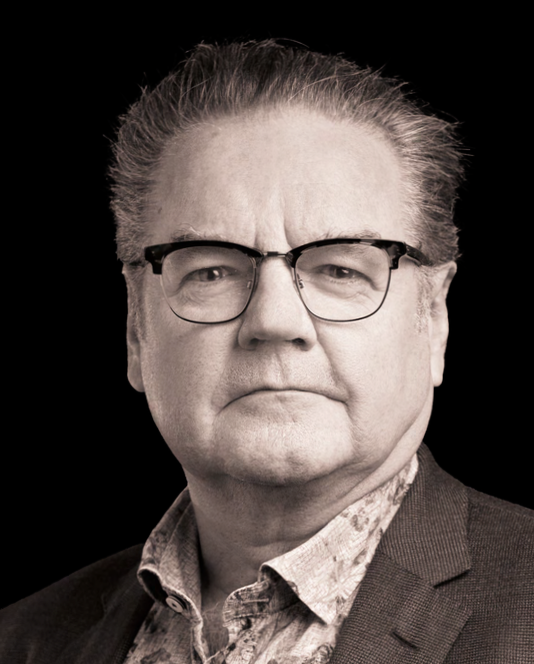
Ton van der Steen
Head of Biomedical Engineering
Prof Ton van der Steen is Head of Biomedical Engineering at Erasmus University Medical Center, Rotterdam, NL. The contribution of his lab is mainly in cardiovascular imaging, predominantly based on ultrasound and optics.
He got his Masters in Applied Physics in 1989 and a PhD in Medical Sciences in 1994 from the Radboud University Medical Centre in Nijmegen.
Prof van der Steen takes a great interest in science policy, science funding policy and science strategy development.
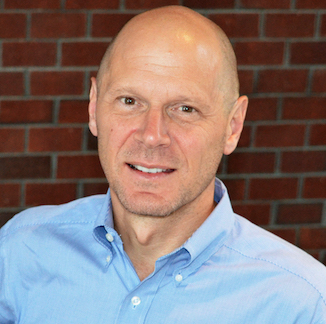
Brett Bouma
Professor
Prof Brett Bouma is a Professor at Harvard Medical School, Massachusetts, US. His current work includes the integration of ultrasound and optical imaging technologies, the development of novel high power fiber lasers for biological tissue coagulation and marking, and the innovation of new methods for real-time monitoring of surgical and therapeutic procedures.
Prof Bouma has extensive experience with the development and translation of novel diagnostic instrumentation for biological and medical applications.
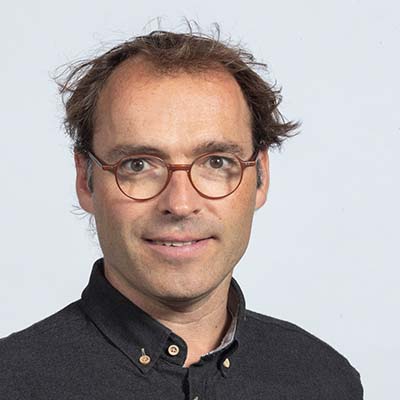
Gijs van Soest
Head of Invasive Imaging
Dr van Soest is an experimental physicist by training (MSc Rijksuniversiteit Groningen 1997). In 2005 he joined the Biomedical Engineering group of the Thorax Center at Erasmus University Medical Center, Rotterdam, NL. Starting a new research topic in optical imaging and taking on the existing research in intravascular ultrasound, he developed his own research line. He became a member of the faculty in 2010 and was appointed Associate Professor in 2015.
He leads the research group “Invasive imaging”, which investigates catheter-based imaging technologies, primarily aimed at guidance of cardiovascular interventions but with an eye to other applications as well.
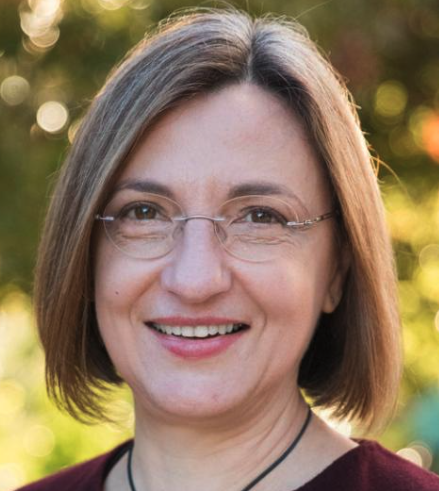
Laura Marcu
Professor of Biomedical Engineering
Prof Laura Marcu is a Professor of Biomedical Engineering at University of California Davis, California, US.
Her research targets unique applications that impact clinical management of critical human disease, with an emphasis on cardiovascular systems (intravascular diagnostics), oncology (intraoperative delineation of surgical margins) and regenerative medicine (tissue engineering).
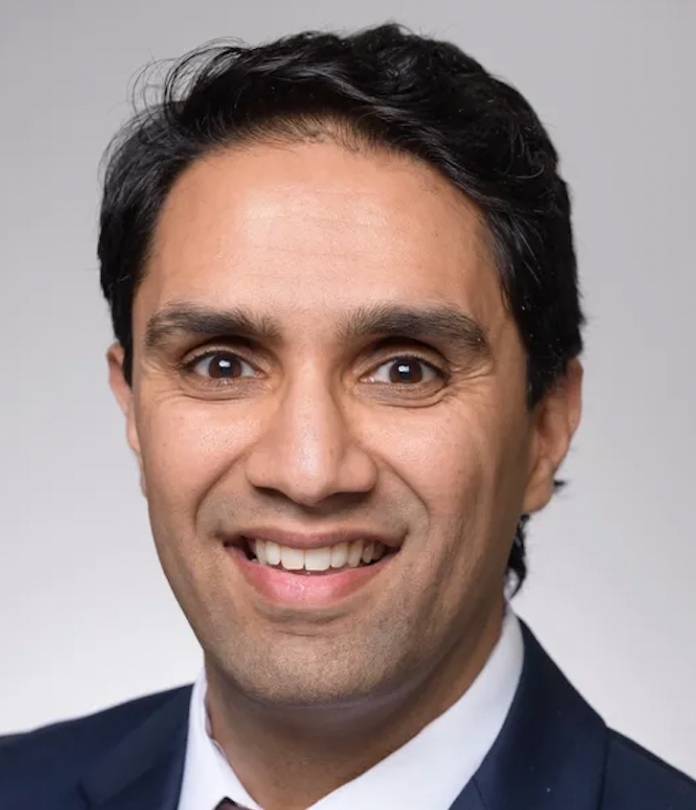
Ziad A Ali
Dr Ali is a board-certified cardiologist specialising in interventional and structural cardiology at St Francis Hospital and Heart Center in Roslyn, New York.
Ziad is an internationally renowned expert in complex high-risk indicated percutaneous coronary interventions (CHIP) including the treatment of chronic total occlusions (CTO) where the arteries in the heart become completely blocked.
Ziad specialises in the management of cardiovascular disease in patients with pre-existing kidney disease.






Comments